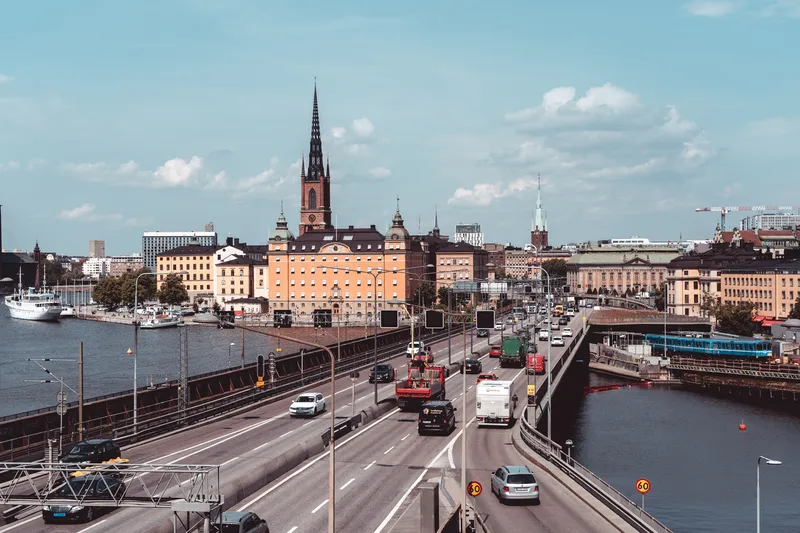
The Swedish Transport Administration and Swedish Transport Agency claim the positive impact from these greener choices is proven by emissions figures for 2019 which show that traffic was largely unchanged compared to previous years.
The figures do not take into account the recent, widely-reported drops in transport emissions as vehicle travel falls during the global coronavirus outbreak.
Sven Hunhammar, environmental director at the Swedish Transport Administration, says: ”To reach the transport sector's climate target by 2030, a reduction of greenhouse gases is required by about 8% per year.”
This target states that emissions must be reduced by at least 70% between 2010 and 2030. The transport sector accounts for one third of the country's total greenhouse gas emissions, says the Swedish Transport Administration.









